Polycrystalline solar panels are a popular choice for homeowners and businesses looking to harness the sun’s energy to generate electricity. These panels are made from silicon, and they have several advantages as well as some disadvantages. In this article, we’ll explore the advantages and disadvantages of polycrystalline solar panels to help you make an informed decision about whether they’re the right choice for your energy needs.

Advantages of Polycrystalline Solar Panels
1. Cost-effective
One of the biggest advantages of polycrystalline solar panels is their cost-effectiveness. These panels are typically more affordable than monocrystalline panels, making them an attractive option for those looking to invest in solar energy without breaking the bank.
2. Efficiency
While polycrystalline panels are not as efficient as monocrystalline panels, they still offer a respectable level of energy conversion. With advances in technology, the efficiency of polycrystalline panels has been steadily improving, making them a viable option for many homeowners and businesses.
3. Durability
Polycrystalline solar panels are known for their durability and longevity. When properly installed and maintained, these panels can last for decades, providing a reliable source of clean energy for years to come.
4. Performance In High Temperatures
Compared to other types of solar panels, polycrystalline panels tend to perform better in high temperatures. This can be a significant advantage in regions with hot climates, where the efficiency of solar panels may be compromised by extreme heat.
5. Eco-friendly
By harnessing the power of the sun to generate electricity, polycrystalline solar panels help reduce reliance on fossil fuels and decrease carbon emissions, making them an environmentally friendly choice for energy production.



Disadvantages of Polycrystalline Solar Panels
1. Lower Efficiency
One of the main disadvantages of polycrystalline solar panels is their lower efficiency compared to monocrystalline panels. While advancements have been made to improve their efficiency, polycrystalline panels still lag behind in terms of energy conversion.
2. Space Requirements
Due to their lower efficiency, polycrystalline panels may require more space to generate the same amount of electricity as monocrystalline panels. This can be a limitation for those with limited rooftop or installation space.
3. Aesthetics
Some homeowners and businesses may find the appearance of polycrystalline panels less appealing than other types of solar panels. While aesthetics are subjective, it’s important to consider the visual impact of solar panel installations, especially for residential properties.
4. Limited Performance In Low Light Conditions
Polycrystalline panels may not perform as well as other types of solar panels in low light conditions, such as during cloudy weather or in the early morning and late afternoon. This can affect their overall energy production in certain climates.
5. Manufacturing Process
The manufacturing process of polycrystalline panels involves cutting silicon ingots, which can result in some material wastage. While this may not be a major concern for some, it’s worth considering the environmental impact of the production process.

Frequently Asked Questions
Are Polycrystalline Solar Panels A Good Investment For Homeowners?
Polycrystalline solar panels can be a great investment for homeowners due to their affordable price and high efficiency.
How Long Do Polycrystalline Solar Panels Last?
Polycrystalline solar panels have a lifespan of around 25 to 30 years, making them a durable and long-lasting option for homeowners.
Do Polycrystalline Solar Panels Work In Cloudy Weather?
Yes, polycrystalline solar panels can still generate electricity even in cloudy weather, although their efficiency may be slightly reduced.
Are Polycrystalline Solar Panels Suitable For All Types Of Roofs?
Polycrystalline solar panels can be installed on various types of roofs, including asphalt shingles, metal roofs, and flat roofs, making them versatile for most homes.
Conclusion
Polycrystalline solar panels offer a cost-effective and durable solution for those looking to harness solar energy. While they may not be as efficient as monocrystalline panels and have limitations in certain conditions, the advantages of polycrystalline panels make them a viable option for many homeowners and businesses. When considering solar panel installations, it’s important to weigh the pros and cons to determine the best fit for your energy needs and budget.
Whether you opt for polycrystalline panels or explore other solar energy options, the decision to invest in clean and renewable energy sources can have a positive impact on both the environment and your long-term energy costs.
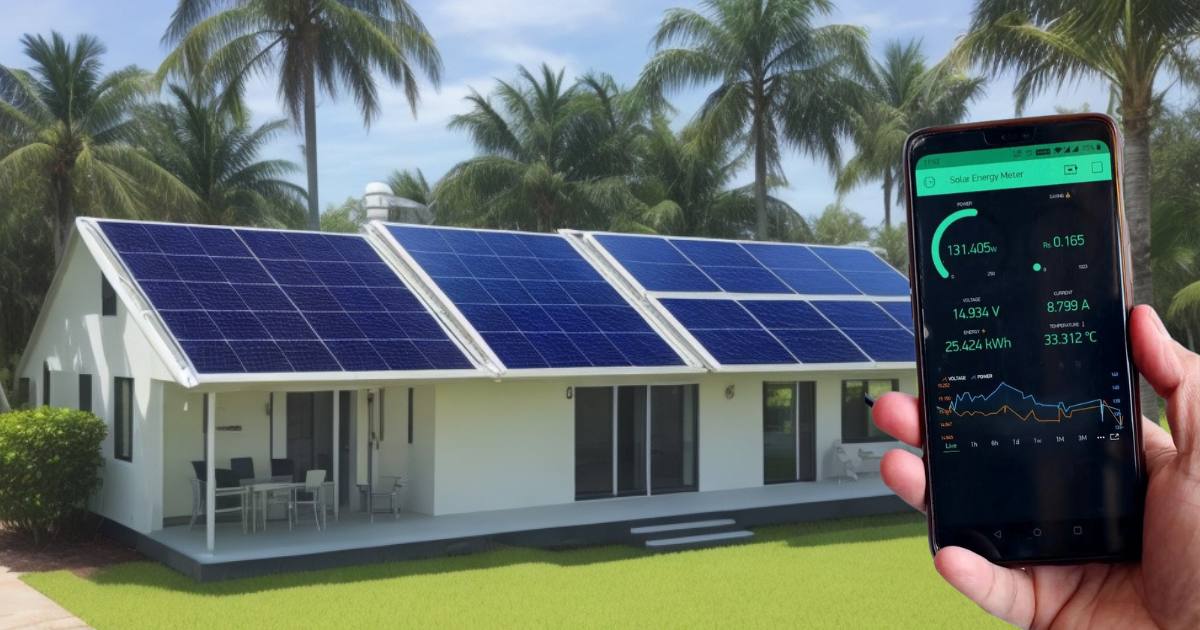

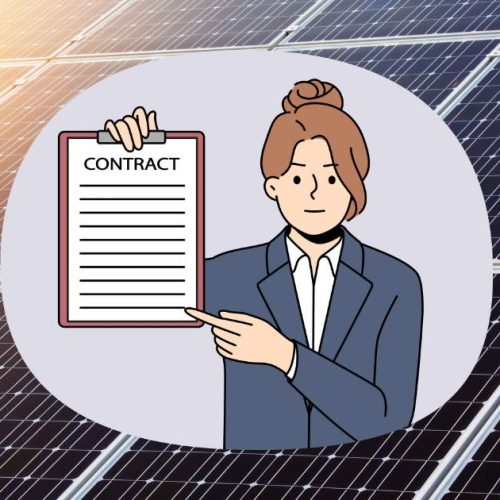
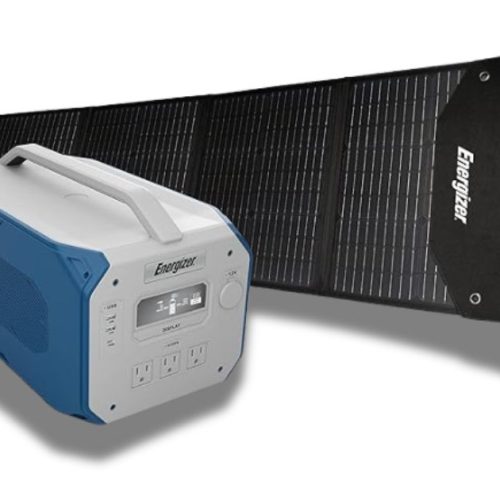


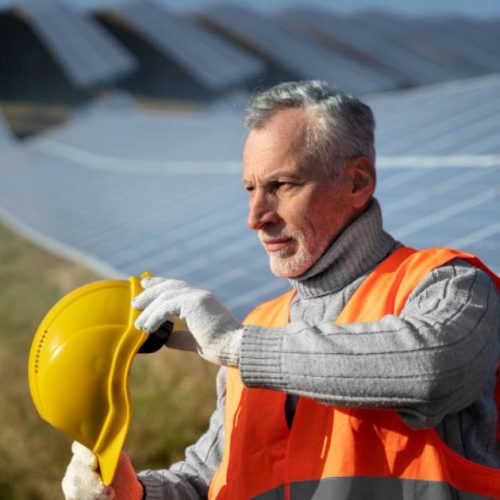
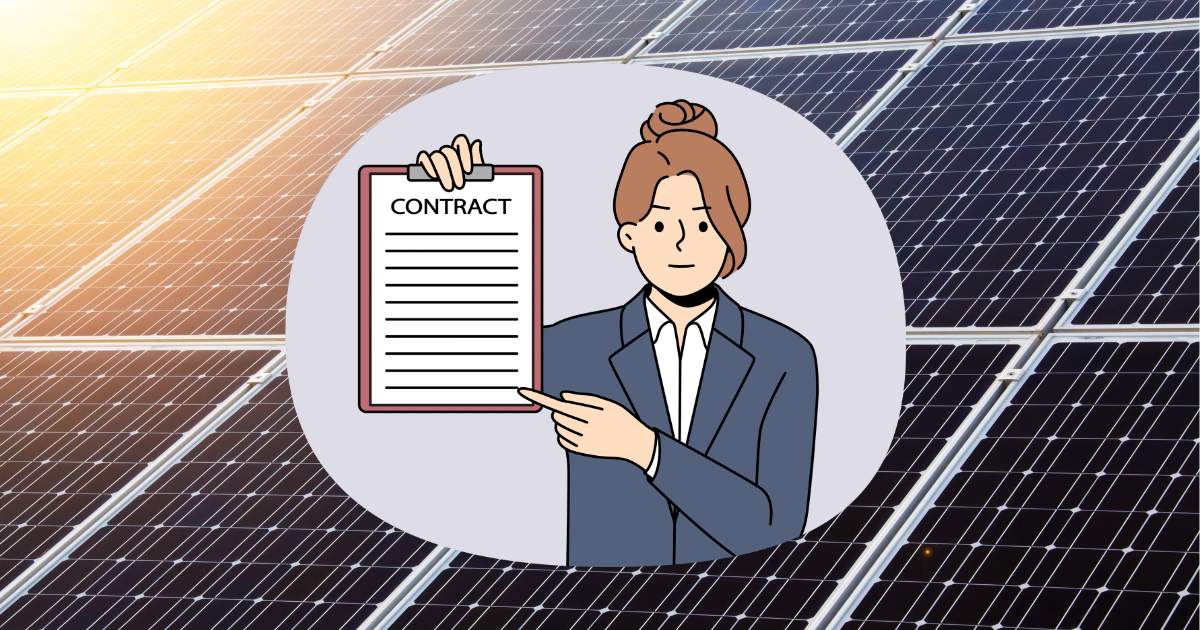
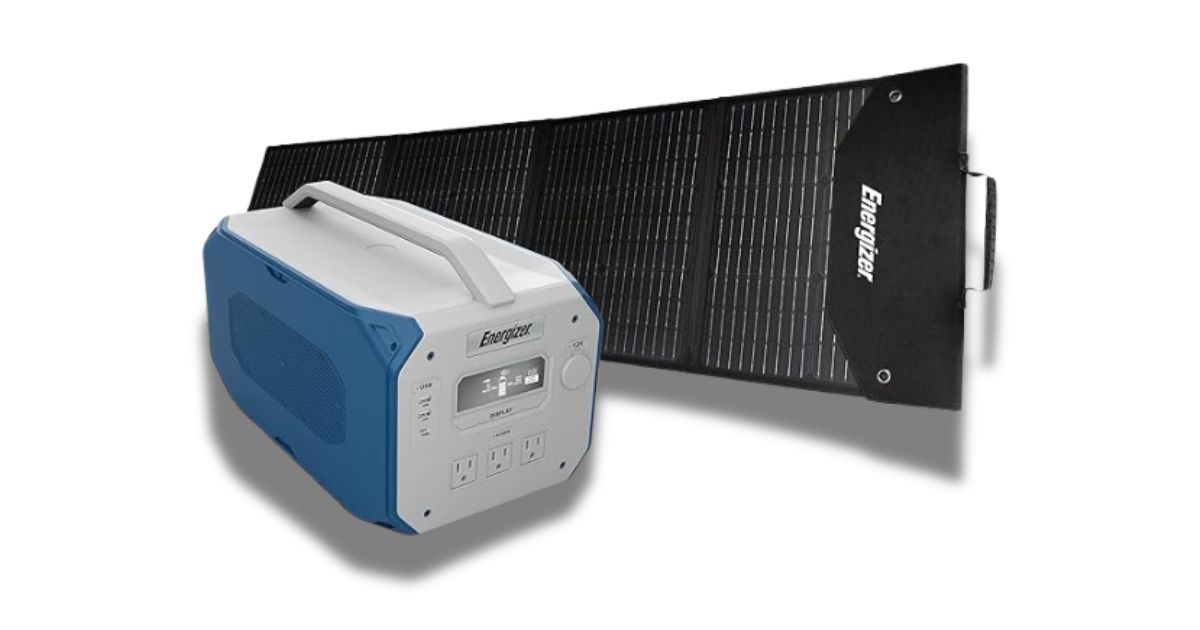

1 Comment
Very interesting info!Perfect just what I was looking for!Money
from blog